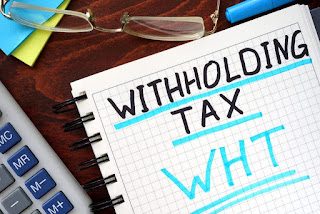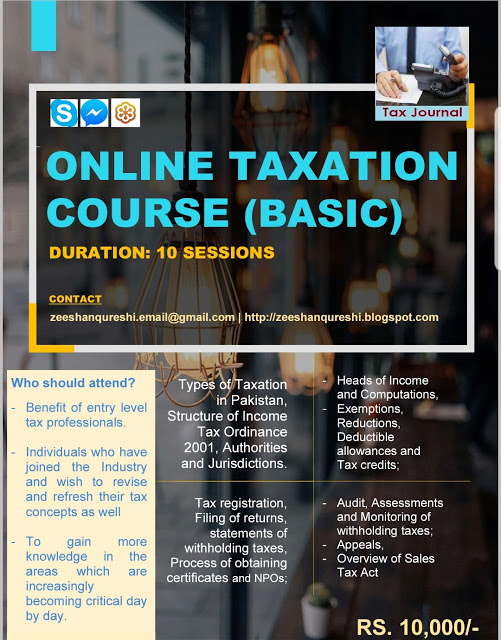Simple Exemption certificate request letter - Under Section 153
Dear Sir, SUB: REQUEST FOR RENEWAL OF EXEMPTION CERTIFICATE UNDER SECTION 153 OF THE INCOME TAX ORDINANCE, 2001. We write to request you to kindly issue Exemption Certificate under section 153 of the Income Tax Ordinance, 2001. XYZ (Private) Limited was incorporated on ________ as a Private Limited Company and is engaged in the business of establishment, maintenance and operation of XYZ and other related services. Company’s Assessment for the Tax Year 20__, year ended June 30, ____ has been completed. The tax assessed last year was NIL. The Company pays minimum tax due to its brought forward losses The Company’s position is as under: Estimated Turnover for Tax Year 20__ Rs. xxx,xxx,xxx Minimum tax as discussed above 1% Tax Payable for Tax year 20__









